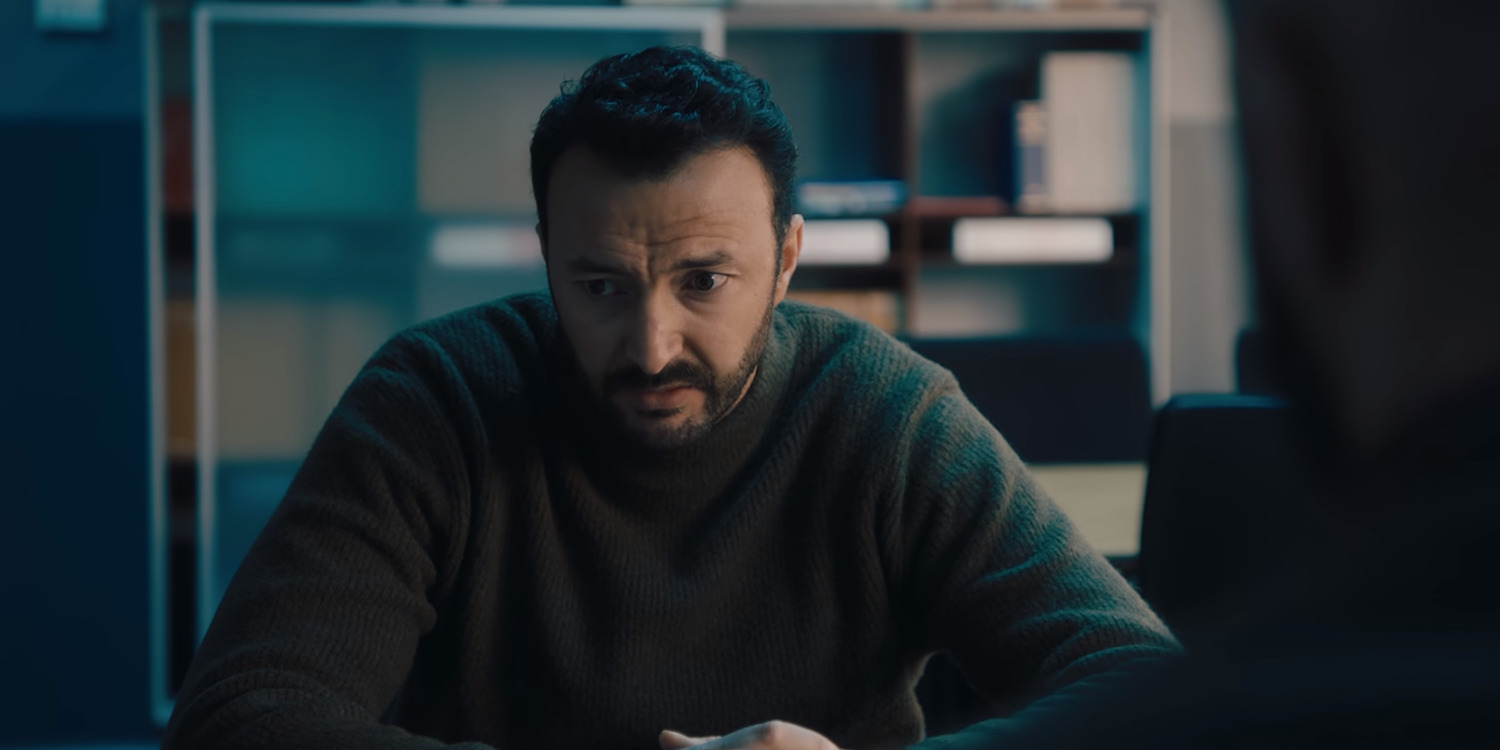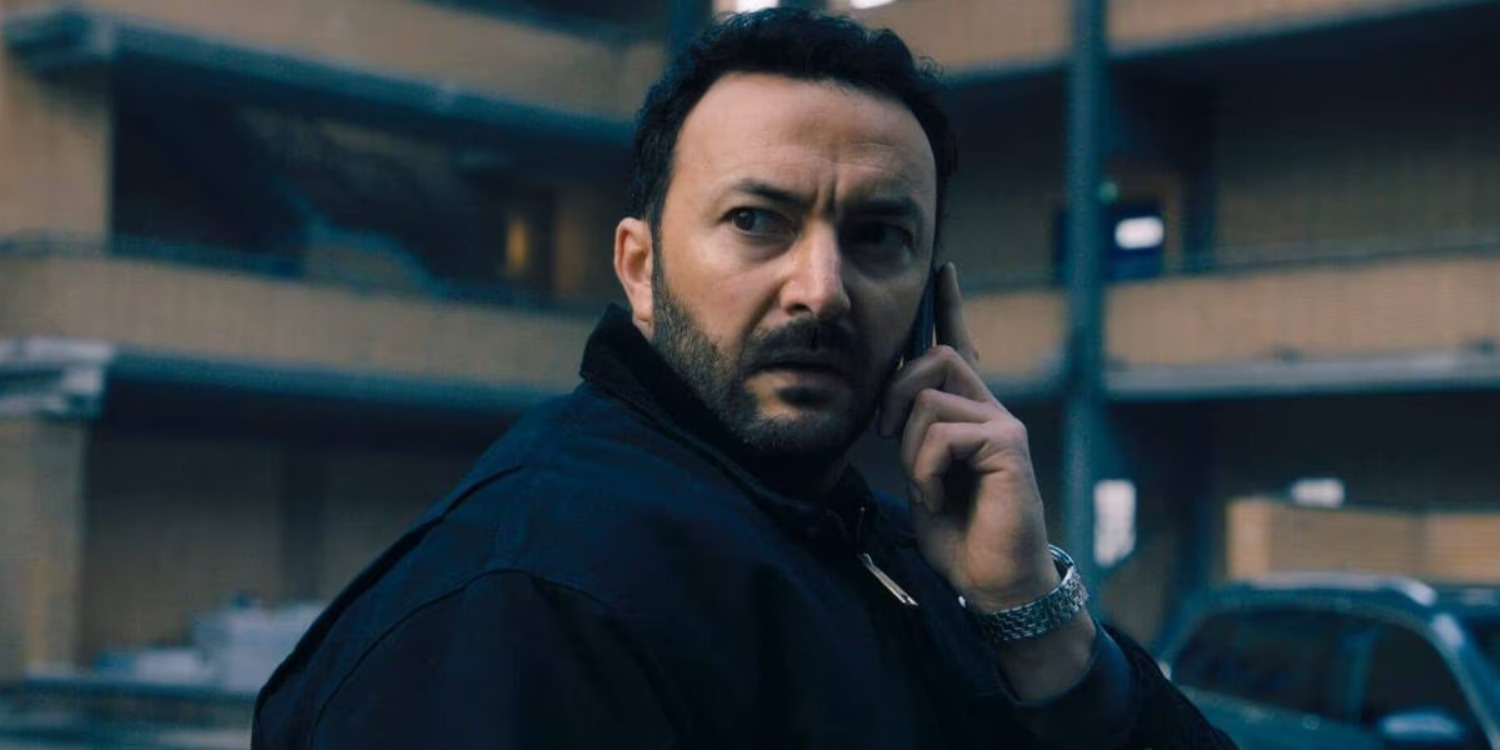The Dutch crime drama show, ‘The Golden Hour,’ follows the intense and enthralling story of a series of terrorist attacks across the Netherlands and one man’s rogue investigation around it. After Mardik Sardagh, a Dutch Police officer with Afghan roots, gets news of an old childhood friend’s arrival in town, it’s soon followed by a burst in terrorist activity within the area. Aware of his and his friend, Faysal Taher’s traumatic childhood, Mardik has no choice but to undertake a private investigation of his own that puts him in contention with the law and his own colleagues.
In charting a thrilling narrative revolving around terrorism and its inhumane consequences, the show simultaneously delves into the tense racial and cultural prejudices that surround such conversations. As such, Mardik’s story remains ripe with authenticity both within his police work and experiences as an Afghani-Dutch man. For the same reason, paired with the magnitude of the events depicted within the show, viewers must be curious to know if there is any reality behind the story.
A Fictional Crime Show That Tackles Real-Life Issues
No, ‘The Golden Hour’ (Originally titled ‘Het Gouden Uur’) is not based on a true story. The events and characters depicted within the show are all fictional elements crafted by the show’s creative team, including director Bobby Boermans and screenwriter Simon de Waal. As such, apart from the obvious social commentary provided by the show’s narrative due to its contemporary criminal storyline, it has no tangible basis in reality.

Nevertheless, the show’s social and criminal roots prominently define its narrative, infusing a sense of realism within its fictionalized characters and storylines. The most compelling instance of the same comes from the show’s depiction of Detective work within the Netherlands, which remains a thematic center for the story. In this specific area, Boermans found an invaluable resource in his own past.
Prior to his filmmaking career, Boermans served 43 years in the police force. Therefore, as a former detective himself, the director knew how to translate his experience in a way that benefited the characters and their storylines. While his former career certainly helped in shaping the story’s more technical aspects, it was equally helpful in understanding the intensity of a situation similar to the one that unfolds within the show.
“I’ve been trained to deal with the threat of a terrorist attack, and I work with a lot of specialized units that deal with these kinds of events,” explained Boermans in a conversation with Drama Quarterly. “I’ve always been fascinated by what kinds of emotions these events bring out in people. You truly learn who you are when you find yourself under this extreme pressure.”
Likewise, Boermans’ personal insight into the kind of prejudice one might encounter within the police force further helped in shaping Mardik’s character. His storyline majorly deals with the kind of prejudice and racism that non-white individuals, especially people of Afghan descent, may fall victim to. Thus, by showcasing the same alongside the jarringly violent reality of a terrorist attack, the show allows viewers to evaluate their own biases on a nuanced level.
For his part, Actor Nasrdin Dchar, the non-Afghan actor who essays Mardik’s role, understood the nuance behind his character and strived to bring him to life with authenticity. In order to do so, the man had to perfect the Afghan language his character speaks, Dari and received some guidance from Jalil Samsor, the dialect coach. Thus, through conscious measures in place, Dchar was able to tap into a genuine side of his character and focus on his storyline.
Within Mardik’s narrative, his initial moral ambiguity plays a huge role in establishing his relation to reality. “These kinds of prejudices remain very interesting and topical,” said the actor in an interview. “When an attack takes place, reference is often made immediately to certain population groups. But terrorism has no color at all: we can all fall victim to it. You can see that in this series as well.”
As such, through these realistic elements, the show crafts its thrilling and compelling narrative that holds a connection to real-life issues without having a direct basis in any specific event. Still, it’s worth noting that Boermans mined inspiration for the show’s overarching narrative that tackles terrorism from similar real-life attacks that occurred in nearby European cities, like Paris, Madrid, Berlin, and others.
Furthermore, a few foiled terrorism attempts that unfolded within the Netherlands also partially inspired the show’s narrative. For instance, in 2018, Dutch Police Officers arrested seven men who were believed to be plotting a terrorist attack within the country. In the statement given by the Netherlands Public Prosecution Service, the officials said, “The suspects were looking for AK47s, small arms, hand grenades, bombs, and raw materials for one or more [car] bombs.”
Although events like these and several others inspired certain aspects of the show and helped the director instill a sense of familiarity within the viewers, the story is not based on any particular real-life incident. Thus, ‘The Golden Hour,’ ultimately, remains a work of fiction.
Read More: Where Was The Golden Hour Filmed?


You must be logged in to post a comment.